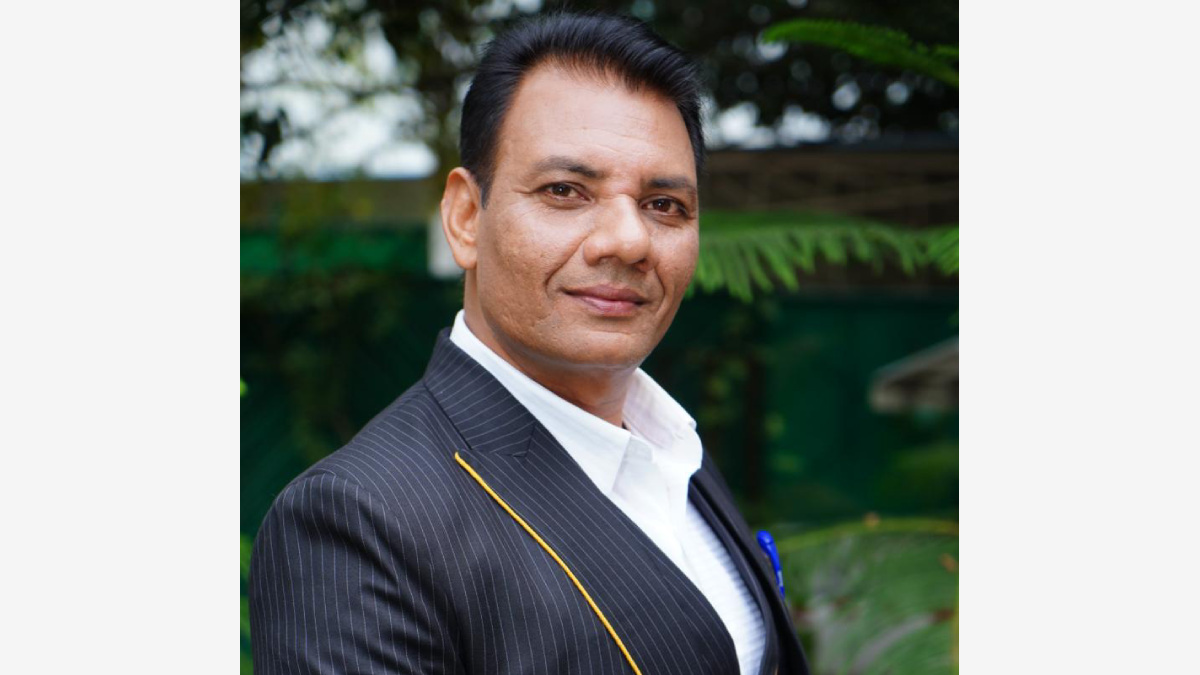IMF critic sees few substantive changes via reform
WASHINGTON, May 10: Boosting voting rights of major emerging market countries at the IMF will do little or nothing to make it more responsive and less proscriptive of members' needs, a high-profile IMF critic said on Tuesday.
The International Monetary Fund last month proposed increasing the voting power of countries like China, South Korea, Mexico and Turkey -- possibly by September -- to better reflect their economic clout and make the fund more relevant.
''I think there's a shift of economic power going on in the world with the rise of China and India and to a lesser extent other middle-income countries,'' said William Easterly, a former World Bank economist and author of books critical of what he calls the lenders' tendency to impose unrealistic solutions.
One result is that Asian countries are distancing themselves from the IMF since the region's financial crises in the late 1990s and pooling foreign reserves under the Chiang Mai Initiative to fend for themselves in the event of macroeconomic disruptions.
Reforms being formulated by the IMF and its members ahead of an annual meeting in September are meant to address the needs of growing economic heavyweights, but Easterly said he doubted it would make the fund more responsive to them.
''I can't imagine the leadership of the IMF really changing away from being America- and Euro-centered any time soon. It's still the Americans and the Europeans who have the deepest pockets,'' he said in an interview on the sidelines of a World Bank Group conference on technical assistance.
''We keep getting excited about Chinese growth but keep forgetting that China is still at one tenth of American per capita income,'' Easterly added.
The IMF's major shareholders -- the United States and top European economies -- have long controlled decisions at the fund.
Changes to voting rights could dilute their sway but may not strip the United States of its veto power.
One of the core issues yet to be addressed is accountability, he said, offering the United Nations' Millennium Development Goals as an example.
''The UN is already issuing reports saying the goals aren't going to be met,'' he said. ''What's the use of a plan when there are no consequences when it isn't achieved?'' He was also critical of last year's Group of Eight rich countries' plan to relieve the debts of poor countries as writing off African debts that were largely not being serviced anyway.
''Advisory services are something that could potentially have a high return but only if countries want them and ask for them.
Unfortunately the IMF and World Bank have a habit of producing reports that nobody reads,'' Easterly added.
REUTERS


 Click it and Unblock the Notifications
Click it and Unblock the Notifications




